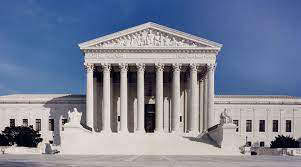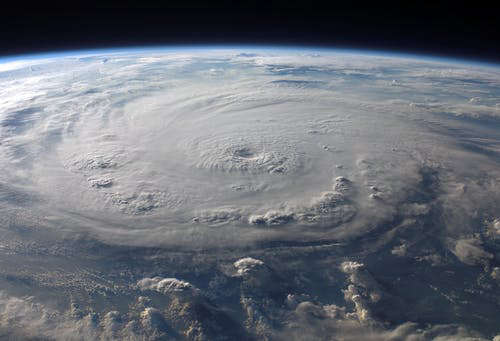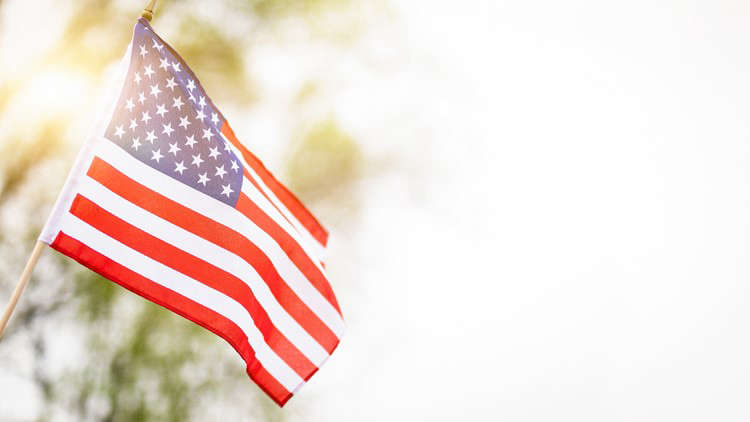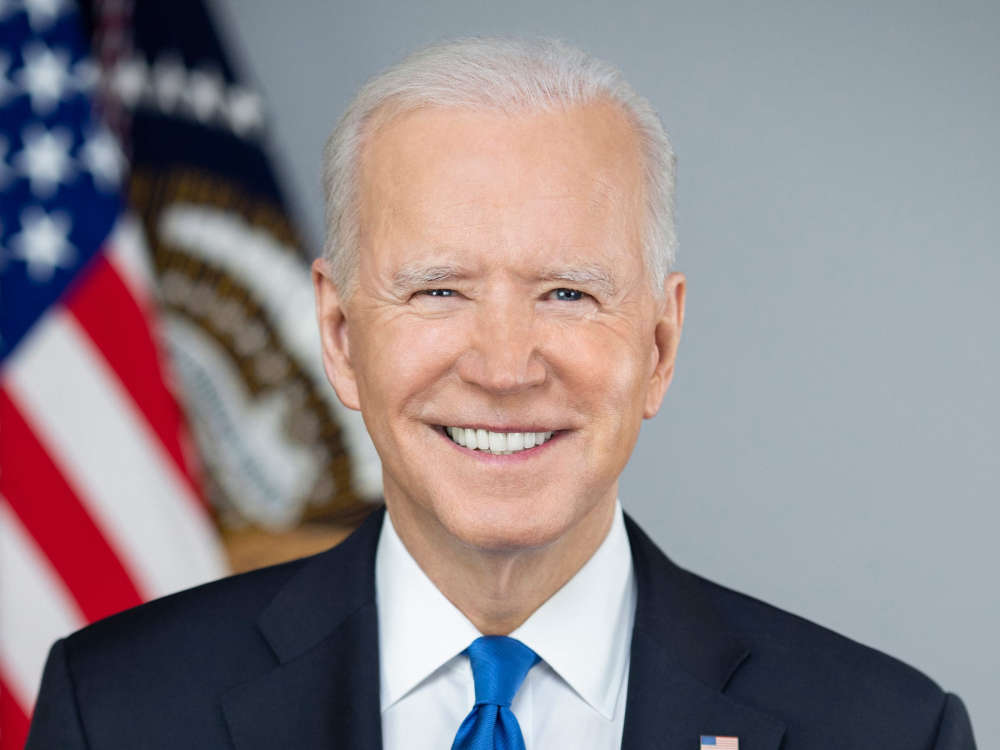
The U.S. Supreme Court says former Presidents have immunity for their official acts.
(WASHINGTON D.C.) - The U.S. Supreme Court ruled Monday morning that former presidents have broad immunity from criminal prosecution for official acts and no immunity for unofficial acts.
The justices ordered that lower courts will now determine how to apply that decision to former President Donald Trump's case.
This will delay further cases against Donald Trump.
From the U.S. Supreme Court 7/1/24:
"Held: Under our constitutional structure of separated powers, the nature
of Presidential power entitles a former President to absolute immunity
from criminal prosecution for actions within his conclusive and preclu-
sive constitutional authority. And he is entitled to at least presump-
tive immunity from prosecution for all his official acts. There is no
immunity for unofficial acts. Pp. 5–43.
(a) This case is the first criminal prosecution in our Nation’s history
of a former President for actions taken during his Presidency. Deter-
mining whether and under what circumstances such a prosecution
may proceed requires careful assessment of the scope of Presidential
power under the Constitution. The nature of that power requires that
a former President have some immunity from criminal prosecution for
official acts during his tenure in office. At least with respect to the
President’s exercise of his core constitutional powers, this immunity
must be absolute. As for his remaining official actions, he is entitled
to at least presumptive immunity. "
The majority opinion from Chief Justice John Roberts left many technical questions unresolved – making it increasingly unlikely that a trial can get underway before the November election.
The case against Donald Trump surrounding the 2020 Election, now returns to lower courts, which must review the specific steps Trump took and whether those actions were official, and therefore receive immunity.

 8/5/24 - Flights Impacted Because Of Hurricane Debby
8/5/24 - Flights Impacted Because Of Hurricane Debby
 8/2/24 - U.S. / Russia Prisoner Exchange
8/2/24 - U.S. / Russia Prisoner Exchange
 7/31/24 - Lawmakers Consider Child Safety Bill
7/31/24 - Lawmakers Consider Child Safety Bill
 7/22/24 - President Biden Drops Out Of Presidential Race
7/22/24 - President Biden Drops Out Of Presidential Race


